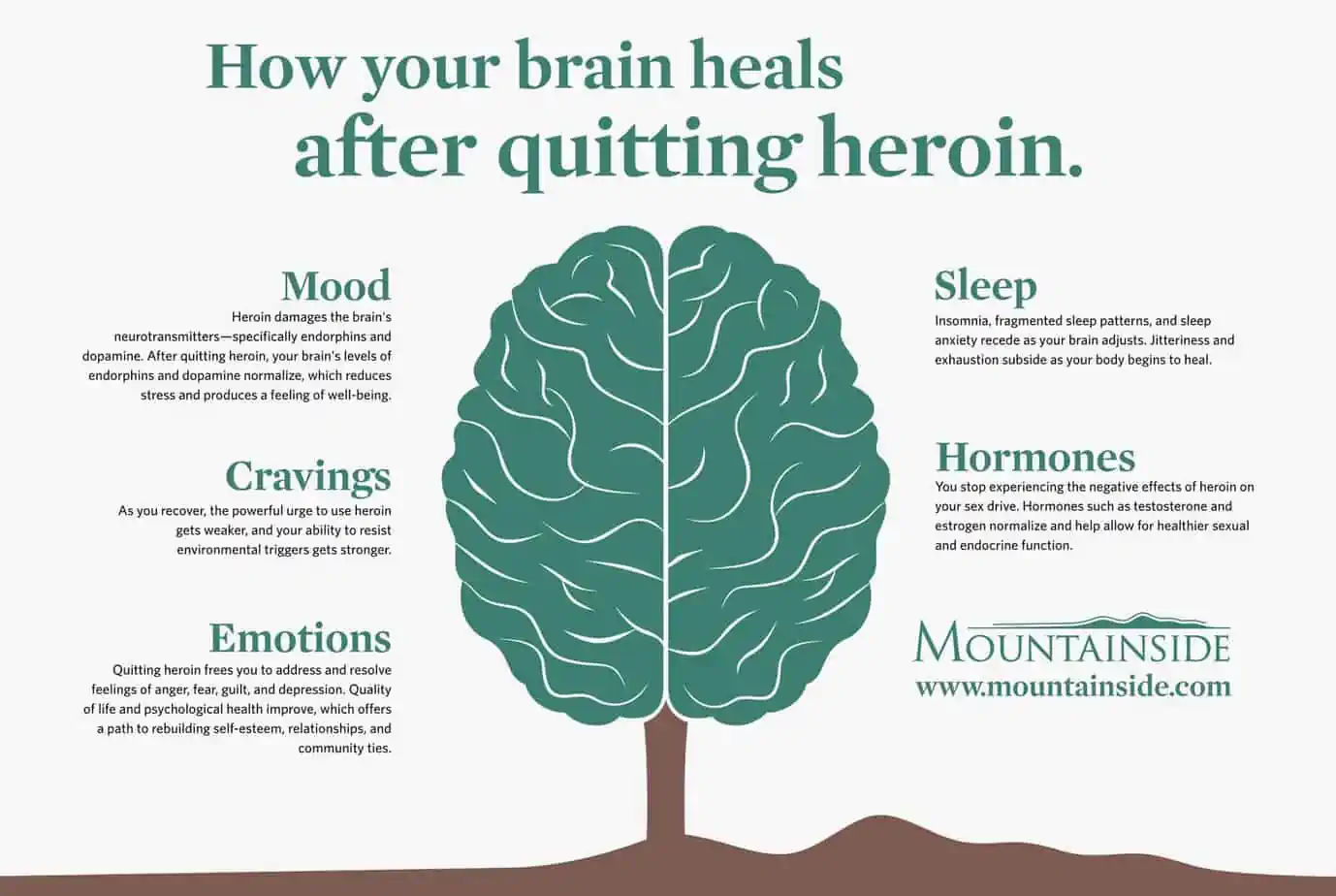As a parent, you always have your child’s best interests in mind, whether they are just learning how to walk, renting their first apartment, or raising their own children. Finding out that your child is struggling with addiction is heartbreaking regardless of their age, but confronting an adult son or daughter about their substance abuse comes with its own set of unique challenges. You may feel powerless to help them because they are old enough to make their own decisions or you may think that disciplining them won’t have the same impact as it might have when they were younger. But these doubts don’t erase your parental instinct to protect them when you sense they are in danger. In fact, discovering you are a parent of an adult addict makes you want to jump in and help fix things even more.
How to Help Your Child Overcome Their Addiction
While there may be no cure for addiction, recovery is possible, and your son or daughter can go on to live a life free from addiction. Your unwavering love and support could provide the push they need to pursue sobriety. However, knowing how to best help your addicted children is important. Here are five techniques to encourage their recovery, along with five common mistakes to avoid:
What to Do
1. Do set boundaries and invite open communication.
Recovering as a family will require speaking with your son or daughter about how their behavior is impacting everyone. If they are acting out at family gatherings or constantly borrowing money from people, this is a sign you need to set a boundary. Creating a boundary may seem challenging at first, but it will ultimately strengthen the relationship between you and your loved one, allowing both of you to start healing.
2. Do address the behavior rather than the person.
Casting judgment on your addicted child will not mend your strained family dynamics, but it’s perfectly reasonable to point out how their actions are affecting you. This statement might look like, “When I see you stay out late at night, I’m worried for your safety.” Focusing on how you feel reduces the chances of confrontation because your emotions are not up for debate. When you are finished sharing your thoughts, remember to listen and try to understand your child’s perspective as well.
3. Do offer to look for support services with them.
Your adult son or daughter struggling with addiction will need emotional support in recovery, starting with yours. One way you can support them is to sit with them and research different treatment programs to see which options best suit their individual needs. Your child may benefit from a medical detox to cleanse their body of substances followed by a drug rehab program to address any underlying psychological issues.
After completing rehab, sometimes your son or daughter may want further help and should seek out an outpatient program or coaching program to build upon their recovery foundation. At first glance, the wide range of addiction treatment options may seem overwhelming or even foreign to you, but addiction treatment centers can guide you in making the best decision.
4. Do ask your loved one how you can best support them.
As a parent of an addicted adult son or daughter, you should remind them that you have their best interests in mind and want them to live a long, fulfilling life. Then, ask them what they need from you and offer to help them accordingly (as long as their request is reasonable and will not jeopardize their recovery). Inviting them to offer their input conveys that you respect their boundaries and what they have to say, making them more likely to share their feelings with you in the future.
Sometimes, it may be helpful for parents to be involved in the healing process, but they might not always understand how to best support the addicted adult. Your loved one’s support system should not only include family but also consist of outside individuals with similar experiences. You could suggest that your child join a recovery support group. These are safe environments where your loved one can meet peers whose lives have been impacted by addiction.
5. Do invest in your own recovery.
Self-care is just as important as supporting a loved one’s recovery. Participate in activities that bring you joy and spend time with positive influences. Participating in family recovery services and workshops will help you experience your own parallel healing process. Support groups, like Nar-Anon, are available for parents of addicted children. Here, you will meet other parents who are coping with their children’s addictions and learn strategies for healing alongside your loved one.
What Not to Do
1. Don’t ignore the problem or make excuses.
There is a fine line between helping your alcoholic child and enabling them. Whether they are struggling with alcohol or drugs, it can be tempting to cover up or make excuses for your child’s behavior. As much as you might want to shield them from outside judgment, you cannot pretend that drugs and alcohol are not affecting them. Doing so will only reinforce the idea in their minds that they do not need help and cause them to delay seeking treatment. If left unaddressed, addiction will take a toll on their physical and mental health, their finances, their relationships with others, and their sense of self.
2. Don’t berate your child for their choices.
While it is true that they made the initial choice to drink or use drugs, no one chooses to become addicted. Drugs and alcohol are powerful substances that hijack the brain and deeply impact personality and behavior. Know that your child’s addiction is most likely causing them to feel discouraged or trapped. Showing them “tough love” by using phrases like “I never taught you to behave this way” could only exacerbate their sense of shame, their defensiveness, and their tendency to isolate.
3. Don’t make a habit of lending them money.
As a parent, you may be tempted to help your adult addict with their living expenses when they are feeling most vulnerable. However, it can be difficult to tell what your financial support is funding. Are they using the money for something important or spending it on more alcohol and drugs? Your alcoholic child may become dependent on you and feel less of an incentive to overcome their addiction if you continue to offer them money. Without a reliable source of income, they are more likely to reflect on their behavior and work toward their recovery, cultivating core values like honesty, accountability, and hard work along the way.
4. Don’t smother your addicted child.
Completing basic tasks for your son or daughter and doting on them in other ways can hamper their progress, despite your best intentions to make their lives easier. They may begin to believe that they cannot achieve anything on their own and avoid making efforts to better themselves. You might also be smothering your loved one if you repeatedly bring up their addiction, which could create added tension and frustration.
5. Don’t ignore your own needs.
It’s natural to feel worried about your child when they are struggling with a debilitating disease like addiction. Letting your fears consume you, however, will stand in the way of your own happiness and peace of mind. Get back to focusing on your hobbies and your passions. Over time, continuing to put your loved one’s needs above your own will become exhausting and ultimately harm your mental health.
Addiction does not discriminate based on age, and many individuals develop substance use disorders later in life. Luckily, even if your adult son or daughter is battling addiction, they still have time to turn their life around. As much as you may want to shield your child from their inner demons, they need to make their own informed decisions. Nevertheless, as a parent who has known and cared for their child their entire lives, you can play a valuable role in encouraging them to be the best version of themselves.
If you or a loved one is struggling with addiction, Mountainside can help.
Click here or call (888) 833-4676 to speak with one of our addiction treatment experts.

 By
By 






